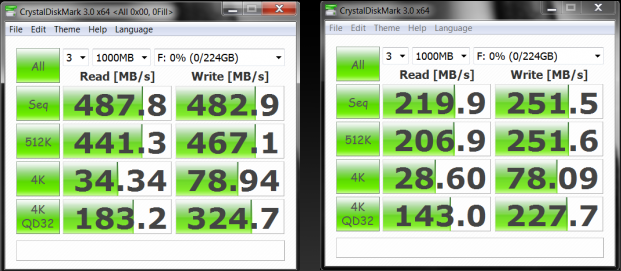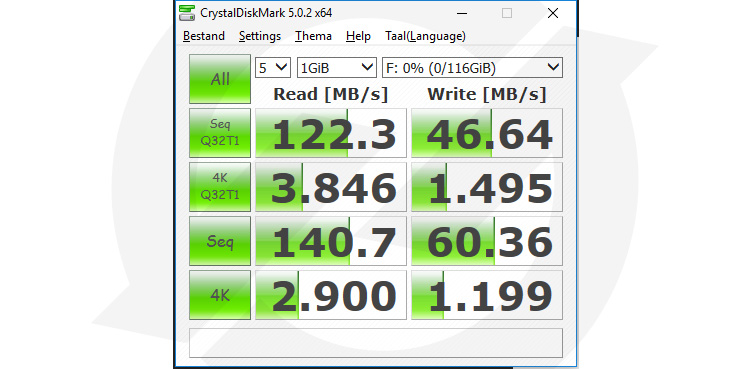

meta x = d V = d * d ** 2 As = d c_1 = d Gamma_1 = d d = d / d d = l * ( l + 1 ) * Gamma_1 / ( V * c_1 ) # Plot the propagation diagram plt. You can purchase the HDD from your local/online resellers or the links below from Amazon and Newegg.# Evaluate characteristic frequencies l = d. As large capacity solid-state drives are more affordable now, I would highly recommend buying one for the operating system, because of its better random 4K performance. It is priced at $46 USD (MSRP), which can be purchased for much cheaper at around $36 USD at the time of this review. Only 1 error would occur for every 12.5 TB of data read, according to Toshiba. It averaged around 200 MB/s in sequential read/write speeds, but decreased drastically in random 4K operations as expected.Ī 2-year warranty is provided to the hard drive. The Toshiba DT01ACA100 1TB HDD did reasonably well by mechanical hard drives’ standards. All hard drives did bad in random 4K read/write operations, which is as expected. The BarraCuda HDD had a higher sequential write speed than the DT01ACA100. Though, the results were different in AS SSD Benchmark.

ComparisonĬompared to the Seagate BarraCuda 1TB HDD ( its review here), the Toshiba DT01ACA100 had similar sequential performance with slightly better write speed in CrystalDiskMark. The write speed stabilized at around 194 MB/s, after the cache buffer was full. It took 60.05 seconds for a total of three files, sized around 15 GB, to transfer from a RAM disk. The DT01ACA100 HDD’s performance leveled off when the test file sizes increased from 8 KB, which achieved around 200 MB/s in both read and write. The highest number sat at 277 IOPS, while the the DT01ACA100 HDD scored 48 in the benchmark. IOPS number represents how well a drive handles random input and output operations. Random 4K operations decreased to only 0.28 MB/s to 1.08 MB/s. Sequential read/write speeds dropped down to 189 MB/s and 168 MB/s in AS SSD Benchmark. Standard SATA-based SSDs often sits at under 300 MB/s. Random 4K performance was bad at around 1.2 MB/s to 1.4 MB/s, but was normal for a mechanical hard drive. In CrystalDiskMark, the DT01ACA100 reached sequential read/write speeds at 203 MB/s and 202 MB/s respectively, which were slightly lower than the advertised 226 MB/s.

The SATA III connector has a theoretical bandwidth of up to 6 Gbps, around 750 MB/s. The blue printed circuit board (PCB) on the bottom houses the drive controller and the 32 MB of cache. Standard 3.5-inch HDD mounting holes are located on both sides. The DT01ACA100 hard drive is manufactured in China.
Interpretting diskmark 6.0 scores serial number#
On the actual HDD, you can see a very similar sticker with model number, serial number and capacity of the drive.
Interpretting diskmark 6.0 scores manual#
No user manual or warranty information can be found in the package. The sticker on top shows information like the model number, drive revision and serial number. The hard drive is contained in an anti-static bag. The particular DT01ACA100 unit, that I purchased, has a pretty generic design from Xander International, with a white and blue background. The packaging of the HDD may defer depends on your locations and resellers. They are advertised to have data rates at around 226 MB/s. The 500 GB and 1 TB models are paired with a 32 MB cache, while the 2 TB and 3 TB models have 64 MB of cache. All models utilize a SATA 3 (6 Gbps) interface and the rotational speed is at 7200 RPM. The DT01ACA lineup has four different capacities, from 500GB up to 3TB. Specifications Toshiba 1TB HDD (DT01ACA100) We will be reviewing the 1 TB model in this article, codenamed DT01ACA100. The DT01ACA is the first consumer-oriented 3.5-inch hard drive lineup from Toshiba.


 0 kommentar(er)
0 kommentar(er)
